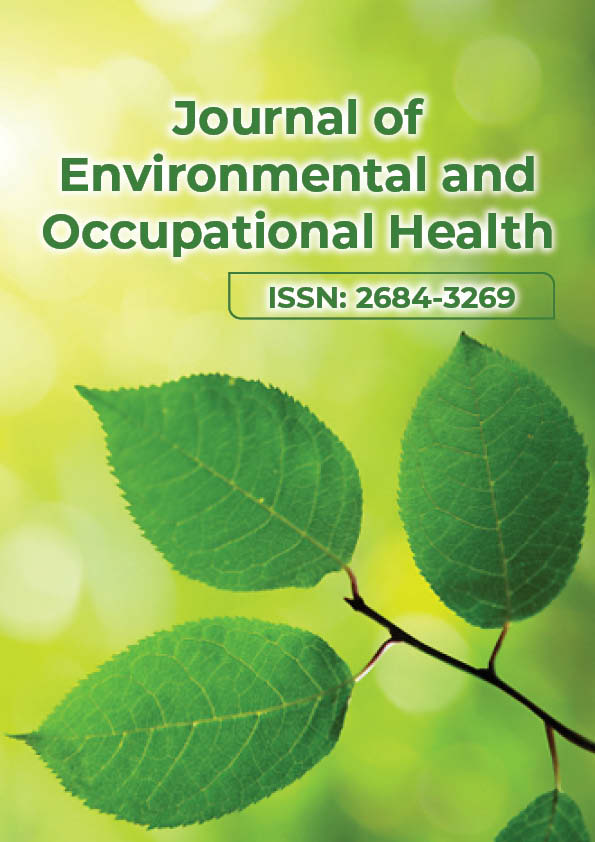Adverse neurodevelopmental eff ects and hearing loss in children associated with manganese in well water, North Carolina, USA
Abstract
Ricky L Langley, Yimin Kao, Sandra A. Mort, Allen Bateman, Barbara D. Simpson, Brian J Reich
Aim: Heavy metals such as manganese, arsenic and lead can act as neurotoxins. There have been few human studies of neurobehavioral/neurodevelopmental effects of arsenic and manganese on children in the United States. Since 1998, North Carolina has tested all new private wells for manganese, arsenic and lead. This study was conducted to evaluate adverse neurodevelopmental effects (delayed milestones, speech/language disorders and hearing loss) in children and metal concentrations in well water. Methods: A quasi-regression model of the number of children (0-35 months of age) with adverse neurodevelopmental effects as outcome measures and aggregate mean metal concentration (arsenic, lead, and manganese) in private well water in each county as exposures. Results: Over 70,000 private well water samples from 1998 to 2011 were analyzed for metal content. From 2008 to 2011, an average of 17,000 children was enrolled in the Infant Toddler Program. On average, 1.7% of children in this age range in each county had a speech/language disorder, 0.24% had a diagnosis of delayed milestones, and 0.026% had a diagnosis of hearing loss. The county mean manganese concentration was significantly and positively associated with the prevalence of delayed milestones and hearing loss in the children. No association was found for metal concentrations and speech/language disorders. Conclusion: This ecological study indicates that further investigation of manganese in well water and associated neurodevelopmental health outcomes in children is needed.
PDF




